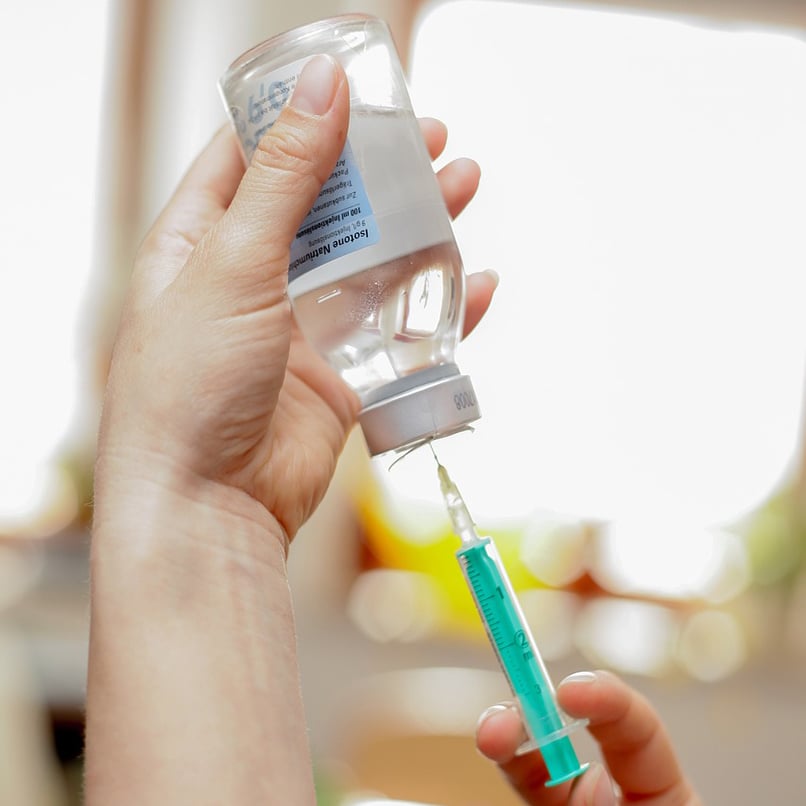23 May 2023
High levels of respiratory viral infections heading into the colder weather has prompted calls for South Western Sydney residents to ensure their flu vaccinations and COVID-19 boosters are up-to-date.
South Western Sydney Primary Health Network Acting Chief Executive Officer, Kristen Short, said NSW Health was already reporting high levels of COVID-19 and flu across the state.
“It’s understandable people have grown weary of hearing about COVID-19 and following all the guidance associated with our efforts to combat the virus,” she said.
“But now, as we head into winter and the flu season, is not the time to take a break.
“We should all take steps to protect ourselves and our loved ones, especially those who are likely to get very sick, like young children and older people.
“This includes getting vaccinated and actions like avoiding contact with people who are sick, staying at home when you’re sick, covering coughs and sneezes and washing your hands.”
In the week ending 13 May, NSW Health received 13,545 laboratory confirmed notifications for COVID-19, an increase of 18 per cent on the previous week, and notifications of flu jumped 35 per cent to 1,282 cases.
Flu vaccinations
Flu vaccinations should occur before the onset of the flu season, which typically peaks between June and September.
People eligible for a free flu shot under the National Immunisation Program include:
- Children from six months to under five years of age
- People with serious health conditions (including severe asthma, diabetes, cancer, immune disorders, obesity, kidney, heart, lung or liver disease)
- Pregnant women
- Aboriginal people aged from six months
- People aged 65 and over
COVID-19 vaccinations
While the focus on COVID-19 has decreased, the threat of infection and long-term side-effects remains.
All adults can get a 2023 COVID-19 vaccine booster if it’s been six months or longer since their last COVID-19 booster or confirmed infection (whichever is most recent), for additional protection against severe illness.
Flu and COVID-19 vaccines can be administered at the same time.
Visit your GP, pharmacist or Aboriginal Controlled Health Service to get your flu shot and book your COVID-19 vaccination through the healthdirect Service Finder.



 Download the “Fighting flu starts with you” consumer fact sheet
Download the “Fighting flu starts with you” consumer fact sheet

